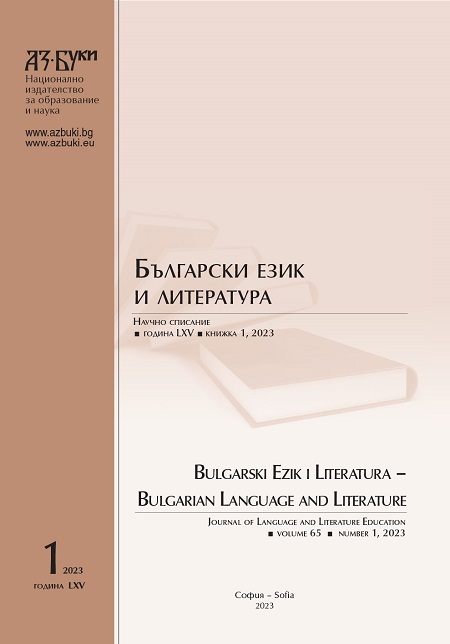Асоциативни полета на композитумите с компоненти ковид- и корона в българското и полското езиково познание
Associative fields of the composites with the components of covid- and corona- in Bulgarian and Polish languages awareness
Author(s): Andreana Eftimova, Natalia DługoszSubject(s): Language and Literature Studies, Foreign languages learning, Translation Studies
Published by: Национално издателство за образование и наука „Аз-буки“
Keywords: associative experiment; composites with covid- and corona-; semantics; connotations
Summary/Abstract: This text presents a part of a complex study involving several experiments. Here, the results of the associative experiment are analyzed, the aim of which is to establish the associative field and the semantic structure of three pairs of composites with covid- and corona- in Bulgarian and Polish: kovidturism and koronaturystyka, kovidkupon and koronaparty, koronapanika and koronapanika, by outlining the attitudes towards the concepts they denote. The results of the associative experiment show that the studied words are fixed in the linguistic consciousness of the Bulgarian and Polish respondents with a certain variability of the semantic structure due to the high dispersion of the reactions. The associative cores of the same associations given by Bulgarian and Polish respondents show differences, with the concentration of responses in the Polish associative core being higher. This proves a more firmly established meaning of compositums in the Polish linguistic consciousness. It is obvious that social experience and practices influence the formation of the image of the concepts and the construction of the meaning of the composites with the first component covid- and corona- in both languages, and these processes are not yet complete
Journal: Български език и литература
- Issue Year: 65/2023
- Issue No: 1
- Page Range: 38-56
- Page Count: 19
- Language: Bulgarian, Polish
- Content File-PDF

